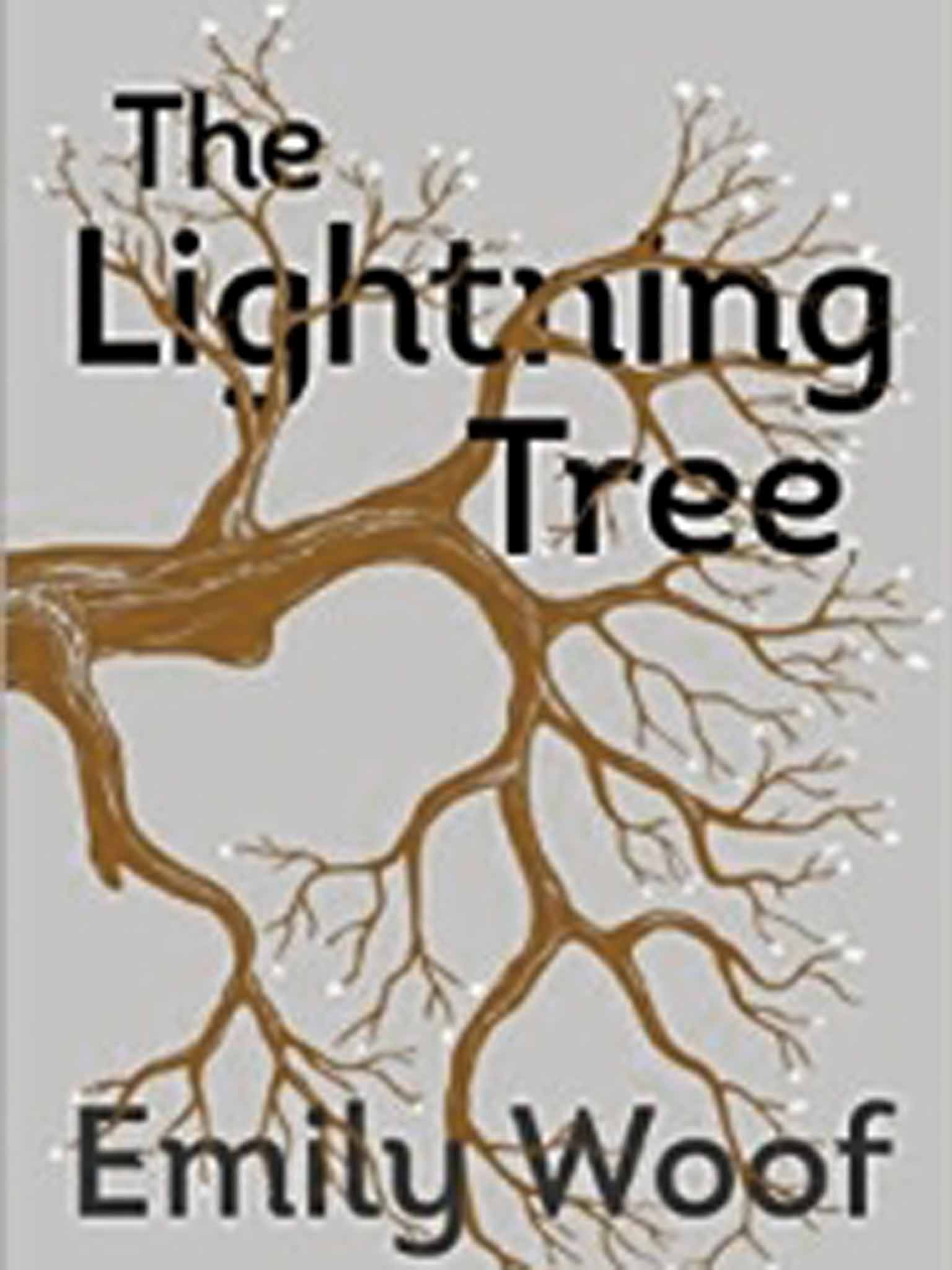The Lightning Tree by Emily Woof: A boy-meets-girl tale with more than just teenage kicks
Woof's cyclical themes flit between seeming clever and tiresome

Romantic fiction loves a cliché, but these days a love story must be made of stronger stuff. Emily Woof's second novel is a fresh take on the story of boy-meets-girl, if not in structure then in its pace and postmodern style of writing.
The Lightning Tree follows the fate of Ursula and Jerry, two disillusioned teenagers from opposing sides of 1980s Newcastle. As Ursula grows up experimenting with radical haircuts and less radical boys in middle-class Jesmond, Jerry avoids home in Byker by losing himself in books… and spying on Ursula from her own front garden. A shared angst brings the two together and they become inseparable until Ursula pre-empts the gap-year trend and has a vaguely religious epiphany in India, forcing them to grow apart.
Woof's dramatisation of Newcastle, where she grew up, is confident and believable. Jerry, like the author, has an Oxford education. Later, Ursula's struggle to succeed as an actress brings to light the loneliness and instability of the job which might refer to Woof's own early acting career.
The characters' teenage years reflects Woof's best writing. Descriptions of afternoons whiled away by sex and chips are pithy and funny. When Jerry, a working-class hero of sorts, accepts the offer at Oxford, it is, of course, merely in order for him to "highlight the absurdity of privilege". Ursula also has the making of an engaging and strong character, but intentionally or otherwise, Woof turn her into a needy woman who becomes dependant on the men around her – and only ever complete with the help of Jerry. While the outcome is romantic, it is also mildly depressing.
The Lightning Tree plays on the idea of fate and inherited fortune. Through Ursula, we see reflected the struggles of Annie, the great-grandmother who Ursula never met, and who alienated herself through religion, a sort of Joan of Arc of the family (whom Ursula incidentally auditions to play on stage).
Woof's cyclical themes flit between seeming clever and tiresome. The start and the close of the novel veer on the cringe-worthy when an unnamed narrator pops up to introduce the story, addressing the reader directly as if it were the beginning of a Jane Eyre parody. The book's 30-year timescale is occasionally difficult to navigate – mentions of "the 70s, more or less" come across as lazy rather than quirky, but once the meat of the story sets off, these details can be forgiven.
For all its absurdity, The Lightning Tree does well to surprise and draw away from the predictable while remaining a solid, heart-warming love story.
Subscribe to Independent Premium to bookmark this article
Want to bookmark your favourite articles and stories to read or reference later? Start your Independent Premium subscription today.

Join our commenting forum
Join thought-provoking conversations, follow other Independent readers and see their replies